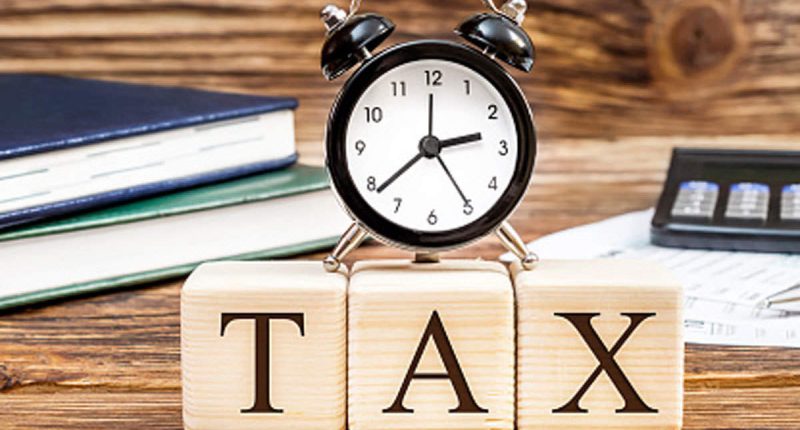The Central Board of Direct Taxes has recently implemented stricter regulations concerning the income tax returns of charitable, religious, and educational trusts. This action comes after the board discovered potential instances of significant tax evasion involving taxpayers who made substantial donations to charitable trusts. These tightened norms aim to enhance scrutiny and oversight to prevent such tax evasion in the future.
Under the new regulations, charitable, religious, and educational trusts must furnish additional disclosures regarding donors who make contributions exceeding ₹2 lakh in a single day. These disclosures include the donors’ names, addresses, and permanent account numbers.
Furthermore, the revised regulations mandate that charitable, religious, and educational trusts submit an undertaking certifying their activities align with charitable, religious, or religious-cum-charitable purposes. The Central Board of Direct Taxes has introduced a modified format for this undertaking, which will come into effect from October 1.
The government has recently implemented amendments to the registration process for charitable organisations, particularly regarding the eligibility for tax exemption or obtaining an 80G certificate under the Income Tax Act. According to the updated rules, newly established trusts or institutions must apply for provisional registration at least one month before the commencement of the financial year for which they seek registration.
In April, the Income Tax Department took action by sending notices to around 8,000 taxpayers who had made substantial donations to charitable trusts. The department suspected potential tax evasion as data analytics revealed that these donations seemed disproportionate to the taxpayer’s income and expenses. The notices were issued to diverse individuals, including salaried employees, self-employed individuals, and companies. The Income Tax Department is also investigating tax professionals who may have facilitated these transactions. These measures aim to address potential tax evasion and ensure compliance with tax regulations.
In addition, the Income Tax Department maintains active surveillance on charitable trusts suspected of issuing counterfeit bills to taxpayers. While no action has been taken against them, these trusts may lose their tax exemption status if any wrongdoing is substantiated. This measure serves as a deterrent against fraudulent practices and reinforces the importance of maintaining transparency and adherence to regulations within the charitable sector.
As per budget data, in the fiscal year 2021-2022, companies availed a tax exemption of ₹1,430 crore under Section 80G. On the other hand, for individuals and Hindu Undivided Families (HUFs), the revenue foregone due to Section 80G donations amounted to ₹1,729 crore during the same fiscal year.
This represents an increase from ₹1,541 crore in the previous year. These figures indicate the significant utilisation of tax benefits provided under Section 80G by companies and individuals/HUFs, demonstrating the impact of charitable donations on tax liabilities.
For any clarifications/feedback on the topic, please contact the writer at samiksha.swayambhu@clear.in

I am an engineer passionate about literature, content, books, feline companions, and practising yoga. I love navigating diverse genres, which led me to my work here at ClearTax.





